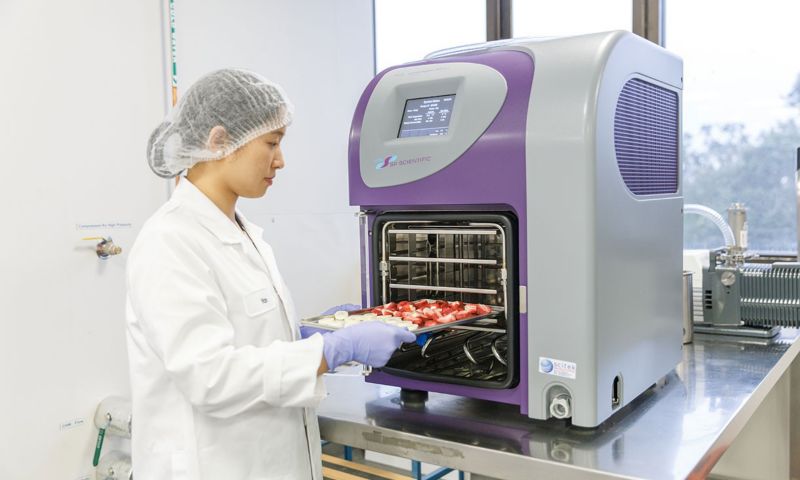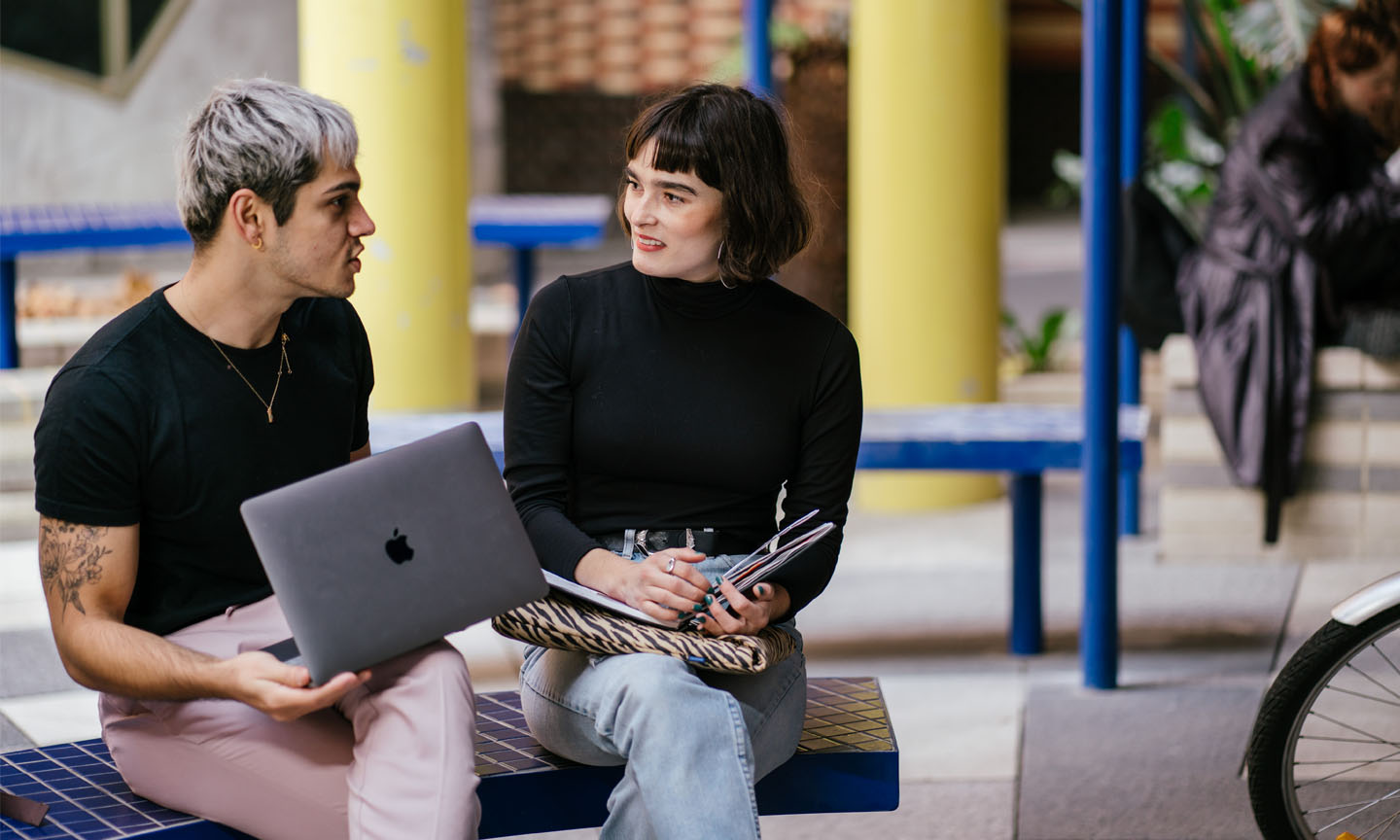As food consumers, we've come a long way in the past decade, and RMIT is doing its bit to equip future food experts.

Foodie blogs and apps, smash hit chef TV shows, visual social media platforms like Instagram and Pinterest, not to mention the slow food movement, have all contributed to the worldwide demand for visually appealing food.
Not only do we love to look at food, but we also want our food to taste great and prefer it to be grown or produced in optimal conditions.
According to the CSIRO, this rising global demand for good food in Australia is up against a number of issues that are affecting the food supply chain including harsher agricultural conditions, increasing geopolitical instability and technical disruption.
Their report also outlines the rising importance of food safety as a global food and agribusiness megatrend, stating if Australia is to continue as a trusted supplier of 'sustainable, authentic, healthy, high quality and consistent products' – both locally and globally – then our food science graduates must be fully-equipped and trained to tackle potential issues in an unstable climate.
As Australia’s major food processor, the state of Victoria employs more than 133,000 people and offers excellent employment opportunities in the area of food science and technology.
RMIT is doing its bit to equip future food experts and contribute to building Victoria’s growing expertise through provision of innovative training delivered in its multimillion dollar Food Innovation and Education Centre.
The Centre supports vocational education, higher education and research projects that prepare work-ready graduates for the burgeoning food industry.
Harsharn Gill is Professor, Food and Health Biosciences at RMIT and says his team are working to produce graduates who will be capable of addressing our future food needs.
"We are bringing together multidisciplinary research and development capabilities in all areas related to the post-farm gate food value chain to stimulate innovation and fill the capability gap that is critical for future success of the global marketplace," Gill said.
"The facilities at RMIT are state-of-the-art and include food analysis and characterisation labs, microbiology and product development labs, wet and dry preparation areas and temperature controlled rooms.
"Our students benefit from working in an industrial setting that replicates the latest in food technology while they work on real-world projects with industry partners."
Vivian Tieu, graduate of the Master of Biotechnology (Food Science) (now Master of Food Science and Technology), said the industry work placement in her final year together gave her an extra advantage and a real insight.
"Access to world class facilities and the opportunity to engage with industry through work placements was instrumental in giving me confidence in my skills when I graduated," Tieu said.
"This experience was enormously beneficial as I was able to apply the theory and practice I learned at RMIT to my project and in turn, the experience helped to consolidate my understanding and put it into context."
Tieu is now a food safety officer at PrimeSafe, the State regulator of meat, poultry, seafood, pet food and pet meats products.
"My role is to provide businesses with information about licensing and food safety requirements to ensure compliance with legislation – and I also perform audits of their working environment," she said.
"My studies at RMIT prepared me well for this position in the food industry: subjects covering quality assurance and food microbiology are extremely relevant and for me, they provided the in-depth understanding I required for this position.
"I am now enjoying the privilege of being able to share my knowledge about the importance of food safety with others at PrimeSafe and I think they value having someone in the team who has that in-depth technical knowledge."
Story: Rhonda Cadman/Rebecca McGillivray
You may also be interested in:
Find the right course for you
With over 350 qualifications to choose from, it's never been easier to find the right fit.


